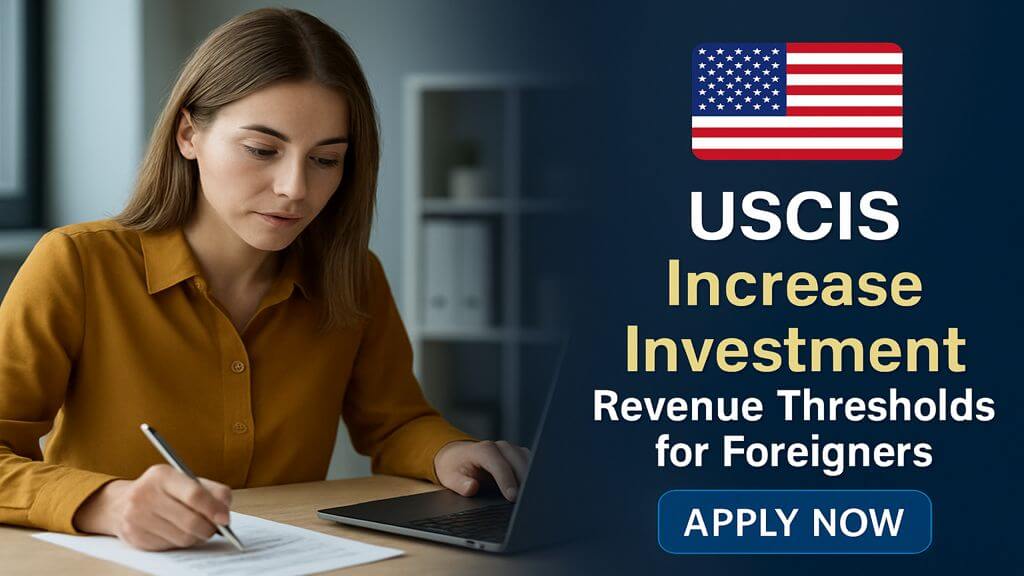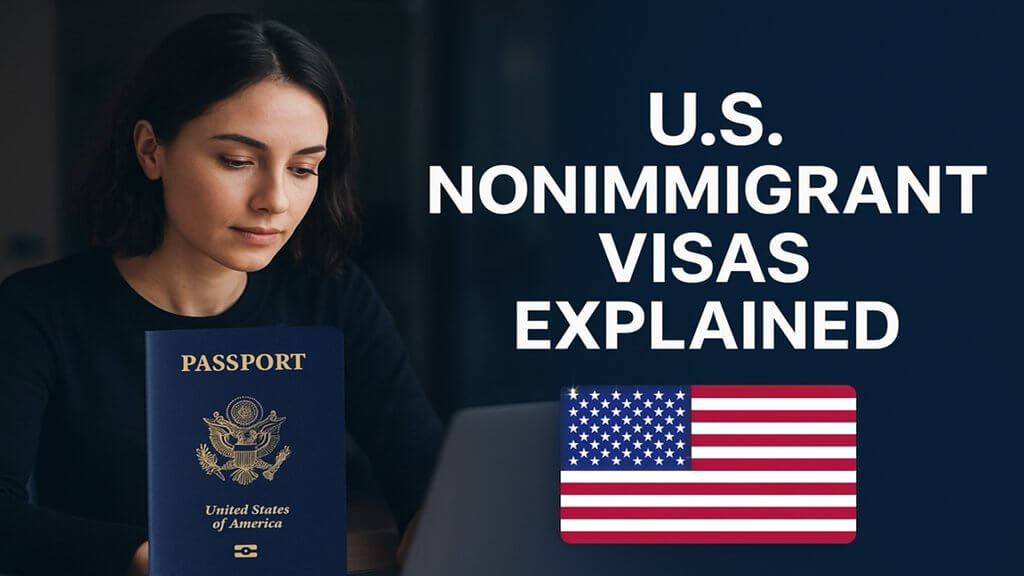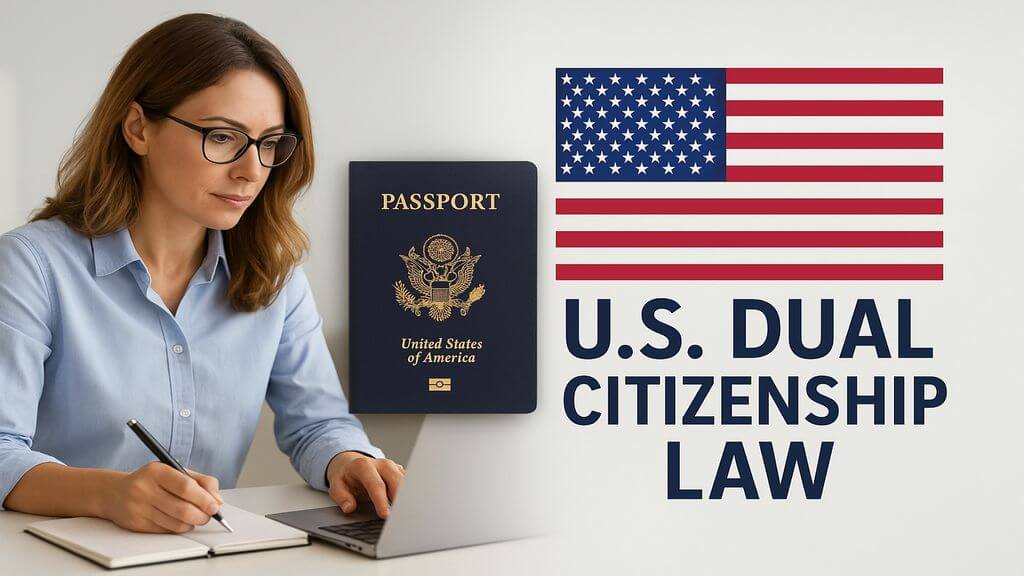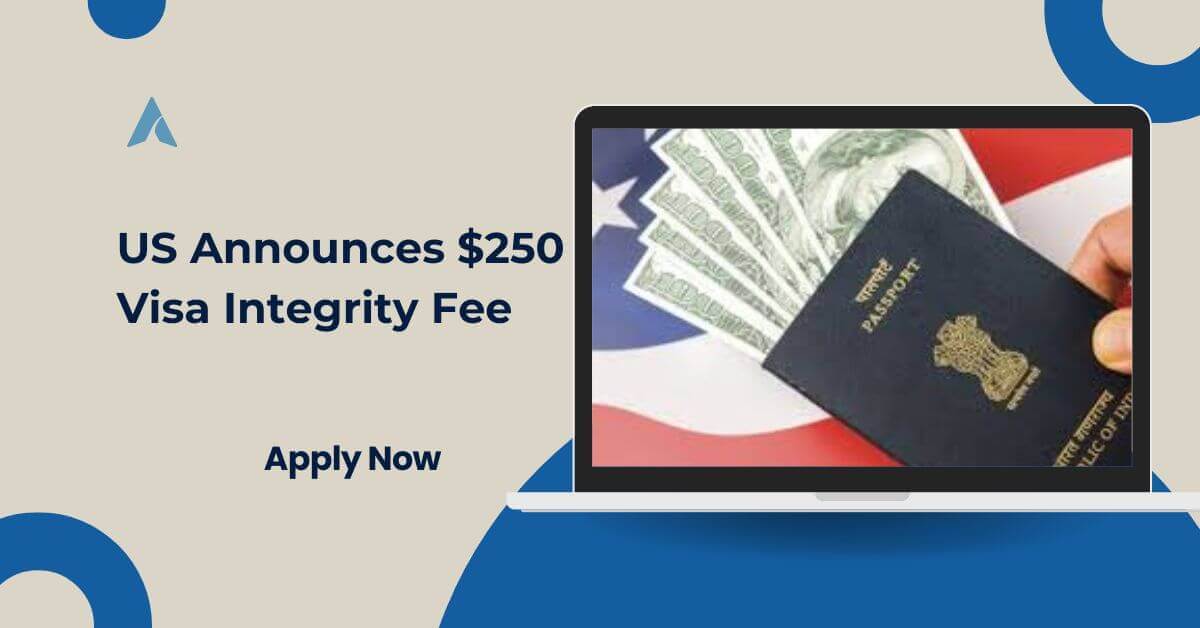In a significant policy update, the U.S. Citizenship and Immigration Services (USCIS) has announced new investment and revenue threshold requirements under the International Entrepreneur Rule (IER). These changes, impact how foreign entrepreneurs qualify for startup parole in the United States.
If you’re a foreign national looking to launch or grow a startup in the U.S., understanding these new requirements is essential to maintaining eligibility and planning your business strategy accordingly.
What Is the International Entrepreneur Rule (IER)?
The International Entrepreneur Rule allows qualified foreign entrepreneurs to temporarily live and work in the U.S. to grow their startups. Introduced to stimulate economic growth and innovation, the IER is often seen as a startup-friendly alternative to traditional work visas.
To be eligible, entrepreneurs must:
- Own a substantial interest (at least 10%) in a U.S.-based startup
- Play a central and active role in the business
- Demonstrate the startup has significant potential for rapid growth and job creation
What Has Changed?
USCIS announced increased thresholds for investment, revenue, and job creation under the IER, in line with inflation adjustments. The updated numbers apply to new applications.
Updated Thresholds Include:
| Category | Previous Threshold | New Threshold |
|---|---|---|
| Minimum Investment from U.S. Investors | $264,147 | $320,084 |
| Minimum Revenue from Startup | $211,695 | $256,274 |
| Job Creation Benchmarks | No specific number | Remains case-specific |
These updates reflect the Consumer Price Index (CPI) changes and aim to keep the program aligned with current economic realities.
Why the Increase?
USCIS is required to periodically adjust these benchmarks for inflation to ensure that only high-impact startups benefit from the program. The new thresholds are based on changes to the Consumer Price Index for All Urban Consumers (CPI-U) from the U.S. Department of Labor.
USCIS Qualified Investor Criteria and Startup Visa Changes in U.S.:
The U.S. immigration landscape for entrepreneurs and investors continues to evolve, especially with recent updates to the International Entrepreneur Rule (IER) and adjustments related to inflation. If you’re considering launching a startup or investing in one in the United States, it’s essential to understand the USCIS qualified investor criteria, revenue benchmarks, and how the IER compares with more traditional programs like the EB‑5 visa.
Check AlsoUSCIS Form I‑526 – Complete Process
USCIS Qualified Investor Criteria:
To qualify under the International Entrepreneur Rule (IER), a startup founder must demonstrate that their enterprise has received a significant investment from a qualified investor.
USCIS qualified investor criteria include:
- The investor must be a U.S. citizen or lawful permanent resident.
- They must have made similar investments in the past.
- At least two of their prior investments must have resulted in startup companies generating significant revenue or job creation.
This ensures that only experienced, reputable investors are backing the foreign entrepreneur’s business.
IER Revenue Requirement for U.S. Startups:
Apart from securing investment, startups must also meet specific benchmarks to demonstrate their growth potential. One key element is the IER revenue requirement for U.S. startups.
Currently, the USCIS requires that:
- The startup has received at least $250,000 from qualified U.S. investors within the past 18 months OR
- It has received at least $100,000 in government grants or contracts.
Additionally, the startup should show the potential for rapid growth and job creation in the U.S.
Investor Parole Program Changes:
The Investor Parole Program, known formally as the International Entrepreneur Rule (IER), has undergone a number of regulatory updates since its initial introduction.
Recent investor parole program changes include:
- Streamlining the parole application process for startup founders.
- Clarifying criteria for maintaining status while scaling the business.
- Expanding eligibility for follow-on investment and continued parole renewals.
These updates are designed to make the U.S. more competitive in attracting global talent and investment, especially as other countries roll out their own startup visa programs.
Startup Visa America Inflation Adjustment:
To keep pace with economic realities, DHS has introduced periodic startup visa America inflation adjustments. This affects the minimum investment thresholds and revenue benchmarks under the IER.
For instance:
- The original $250,000 private investment requirement and $100,000 government grant benchmark are now being adjusted upward based on inflation data.
- Entrepreneurs should check the most recent figures on the USCIS website or consult with an immigration attorney to ensure compliance.
This change ensures the investment standards reflect current economic conditions and maintain consistency with other visa categories.
IER vs EB‑5 Investment Threshold Comparison:
Entrepreneurs often compare the International Entrepreneur Rule (IER) with the EB‑5 Immigrant Investor Program. While both involve investment, they serve different purposes and audiences.
| Criteria | IER (International Entrepreneur Rule) | EB‑5 Visa |
|---|---|---|
| Purpose | Temporary parole for startup founders | Permanent residence for investors |
| Minimum Investment | $250,000 (private) or $100,000 (public grant) | $800,000 (TEA) or $1.05 million (standard) |
| Ownership | Founder must own at least 10% of the startup | No operational involvement required |
| Job Creation Requirement | Demonstrated potential for job creation | Must create 10+ full-time jobs for U.S. workers |
| Status Granted | Parole (not a visa or green card) | Conditional green card |
In short, IER is ideal for active entrepreneurs building scalable startups, while the EB‑5 visa suits passive investors looking for permanent residence through capital investment.
How This Affects Foreign Entrepreneurs
1. Higher Barriers to Entry
Entrepreneurs must now secure more capital from qualified U.S. investors or show greater revenue potential from their startups to qualify.
2. More Competitive Application Process
The increased thresholds may lead to stricter scrutiny by USCIS officers. Startups will need to provide strong documentation of funding, revenue, and growth potential.
3. Need for Early Planning
Prospective applicants should begin preparing earlier to secure adequate investment and refine their business models before applying under the new guidelines.
Tips:
- Engage Accredited U.S. Investors Early: Focus on venture capital firms or angel investors with a track record in funding high-growth startups.
- Build a Scalable Business Model: Emphasize innovation, revenue growth, and job creation potential.
- Document Impact Clearly: Use clear metrics to show traction—customer acquisition, partnerships, patents, or revenue.
- Seek Legal Advice: Work with immigration attorneys who specialize in entrepreneur visas and startup law.
Bottom Line:
The USCIS investment and revenue threshold increase is a reminder that while the U.S. remains open to global entrepreneurs, only those with strong business foundations and high growth potential will benefit from programs like the International Entrepreneur Rule.
Startups looking to enter or remain in the U.S. under IER must now reassess their funding, revenue strategies, and documentation processes to stay compliant and competitive.
Frequently Asked Questions:
-
Do these changes affect current IER parole holders?
No. The updated thresholds apply only to new applications submitted.
-
Are there any exceptions for early-stage startups?
USCIS reviews applications on a case-by-case basis, but meeting the updated thresholds greatly improves your chances of approval.
-
Can foreign entrepreneurs still apply under the old thresholds before Oct 1?
Yes. Applications submitted will be evaluated under the previous threshold amounts.






